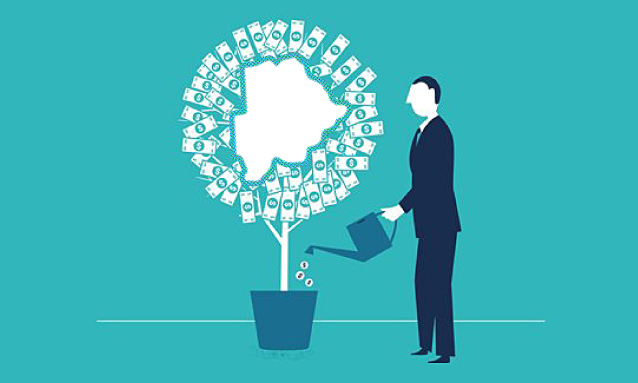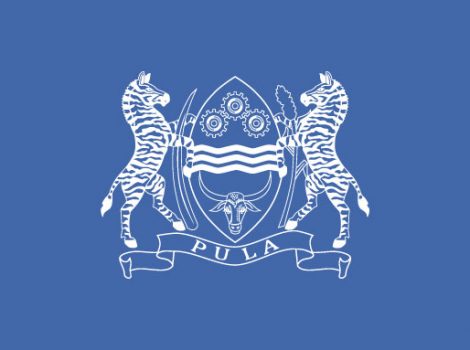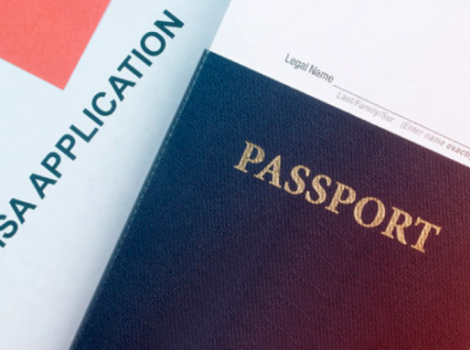
Botswana is still considered a favourable investment destination despite the economic risks brought by the COVID – 19 pandemic, a Risk-Reward Index report prepared by Control Risks and NKC African Economics shows.
NKC African Economics, based in South Africa, is a majority-owned subsidiary of Oxford Economics that specialises in political and macroeconomic research in Africa. NKC scans the political and macroeconomic conditions of 30 African countries on an annual basis and can measure a country’s risk in detail to caution against pitfalls and guide investors towards opportunities. The risk scores for each country stem from the Economic and Political Risk Evaluator (EPRE), a joint subscription platform of Control Risks and Oxford Economics while the Reward scores incorporate medium-term economic growth forecasts, economic size, economic structure and demographics.
The annual reports offer a comprehensive and up-to-date view of the highly dynamic business investment landscape in Africa. The respected index also tracks the evolution of the investment landscape in major African markets. In the 2020 edition, the economic think tanks offer several important and intriguing trends that impact the investment strategy across the African continent, including the much talked about COVID-19 pandemic.
The latest report places Botswana in the fourth spot behind Senegal, Zambia and Egypt after it emerged that many African governments do not have the fiscal headroom to provide the necessary support measures and also have fewer alternative means of propping up the economy.
Botswana’s Trade and Investment Minister – Peggy Serame recently said that with the global economic growth at its lowest due to the COVID-19 pandemic, improving the doing business environment has become pertinent to support businesses and promote investment. At the same time, Serame’s counterpart at the Finance and Economic Development Ministry – Dr Thapelo Matsheka recently altered the National Development Plan 11 to reflect the impact that the COVID19 pandemic has had on Botswana’s ailing economy for the past four months.
Control Risks and NKC African Economics researchers noted that lack of fiscal flexibility is not only having a detrimental impact on Africa’s initial response to the COVID-19 pandemic but will also greatly affect its longer-term ability to recover.
“We judge that only five countries can engage in stimulus spending on a meaningful scale: Botswana, Egypt, Mauritius, Morocco and South Africa. The latter four also have diversified, private sector-led economies – allowing for any government spending to have a significant multiplier effect”, reads part of the Control Risks and NKC African Economics report.
The economic pundits took note that since the arrival of COVID-19, central banks across the African continent introduced a range of monetary policy measures, including the provision of billions of US dollars in extra liquidity, “but the impact of these does not trickle down in a continent where rates of formal financial inclusion have only recently passed 50%”.
In Botswana, the central bank – Bank of Botswana in April 2020 announced that the prudential capital adequacy ratio (CAR) for commercial banks will be reduced from 15% to 12.5%. It is anticipated that the move enables banks to satisfy capital requirements and address liquidity challenges as they continue to support economic activity under conditions of a possible increase in credit defaults.
Both COVID-19 and the Control Risks and NKC African Economics 2020 report come at a time when Botswana’s economy had already registered a slow down following turbulence in the diamond industry in 2019. The COVID-19 pandemic, however, seems to have thrown those expectations outside the window, setting in motion a potential massive contraction in growth.
Source: http://www.sundaystandard.info/botswana-ranks-high-in-investment-reward-score/



